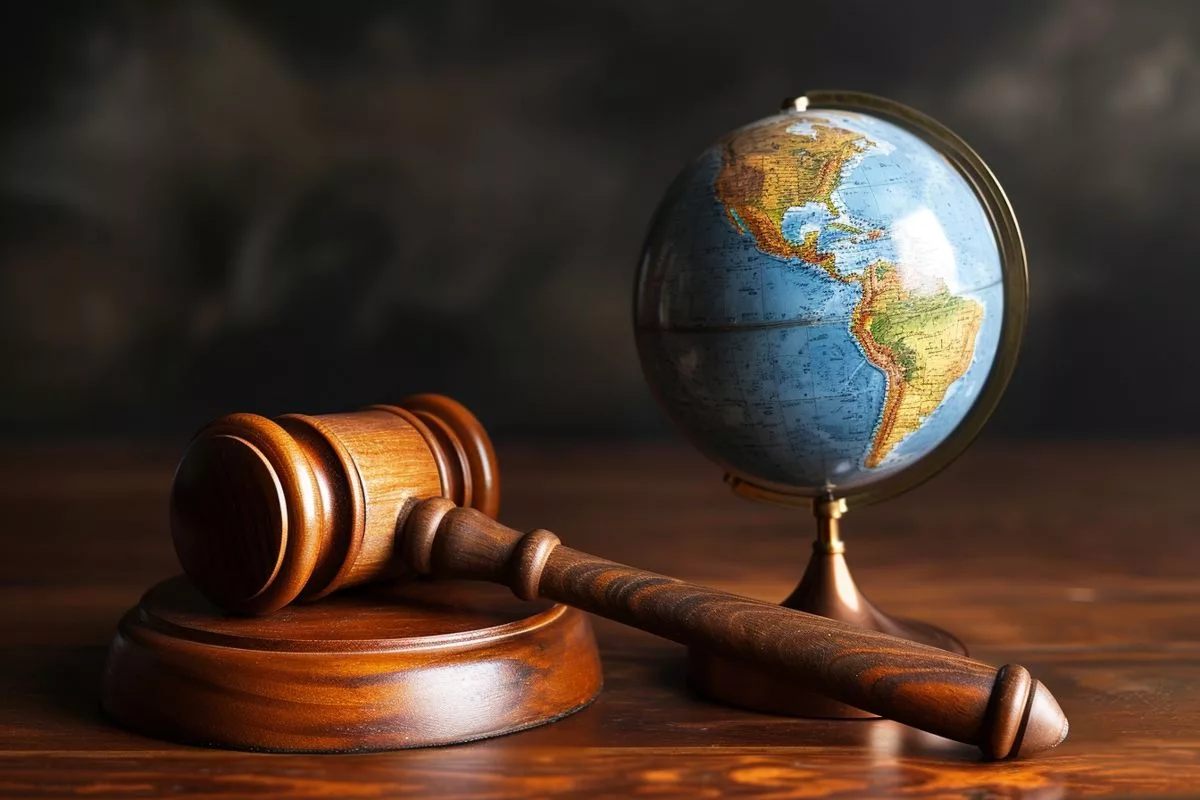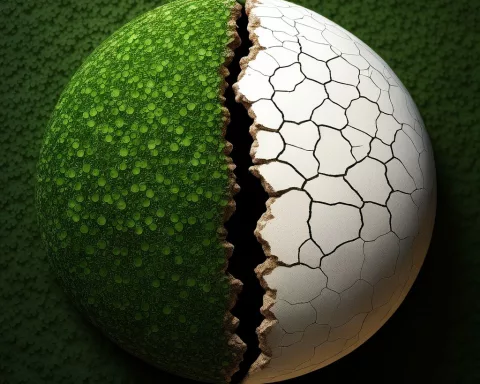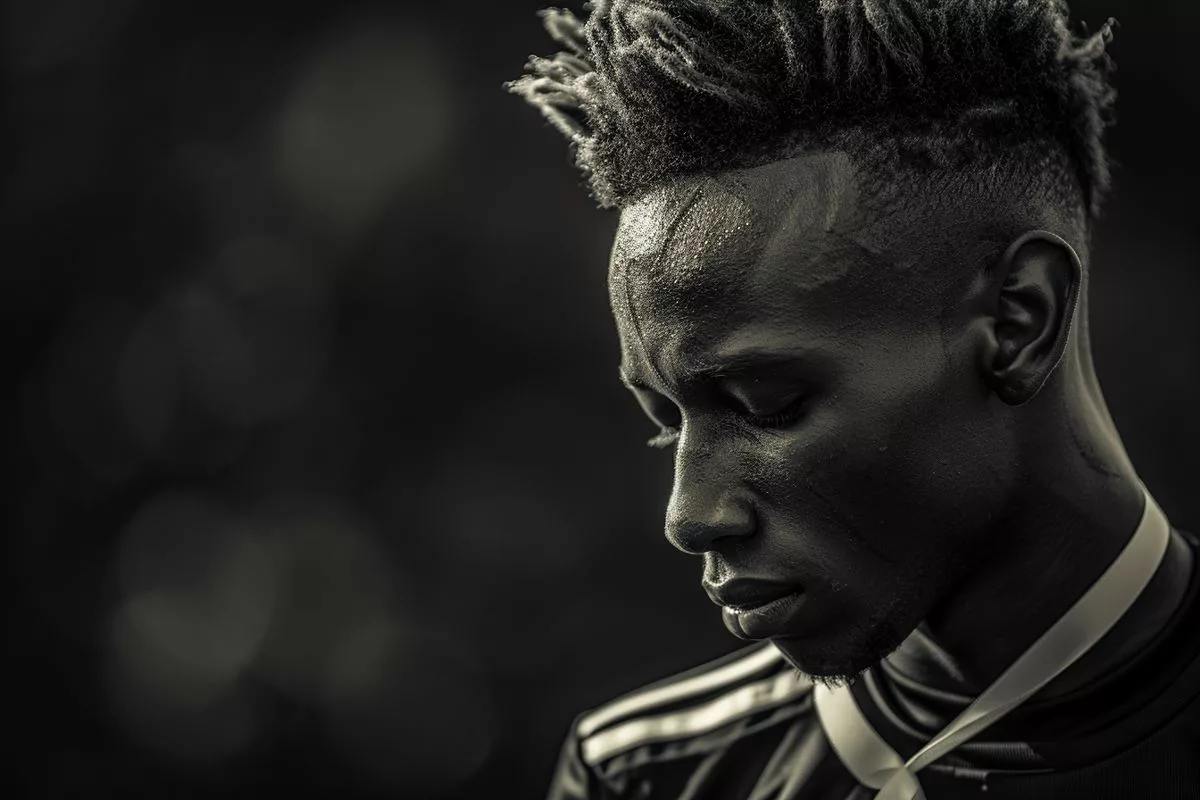South Africa has accused Israel of committing acts of genocide against Palestinians and has brought the case before the International Court of Justice (ICJ). The legal proceedings may take years, but interim measures are being pursued, with preliminary hearings set for January 11 and 12. The case is based on the 1948 Convention on the Prevention and Punishment of the Crime of Genocide and emphasizes South Africa’s commitment to uphold the universal right against genocide. Israel has rejected the claim and is expected to strongly contest it.
South Africa’s Historic Legal Challenge Against Israel
South Africa has brought Israel before the International Court of Justice (ICJ), accusing them of acts of genocide against Palestinians. Israel has rejected the claim and is expected to strongly contest it. The legal proceedings may take years, but South Africa is pursuing interim measures, with preliminary hearings set for January 11 and 12. The case is based on the 1948 Convention on the Prevention and Punishment of the Crime of Genocide and emphasizes South Africa’s commitment to uphold the universal right against genocide.
In a landmark action, South Africa has taken the significant step of bringing Israel before the International Court of Justice (ICJ), often referred to as the World Court, located in The Hague. This move concerns South Africa’s accusation that Israel has engaged in acts of genocide against Palestinians amidst the recent conflict in Gaza. Such a serious allegation carries tremendous cultural, diplomatic, historical, and political implications. Expectedly, Israel has flatly rejected South Africa’s claim and has promised to strongly contest the charge.
Unfolding Legal Proceedings at the International Court
Lawsuits of such a vast scale and intricacy generally take years to reach a final judgement in the International Court. However, South Africa is also pursuing interim measures, similar to an international injunction, with preliminary hearings set for January 11 and 12. A verdict on South Africa’s request for interim measures might emerge by the end of January, potentially having a profound impact on Israel’s military actions in Gaza.
Historical Context and Relevant Legislation
The foundation of this case can be traced back to the 1948 Convention on the Prevention and Punishment of the Crime of Genocide (Genocide Convention). This convention was enacted in the aftermath of the Nazi Holocaust that tragically resulted in the death of six million Jews in the 1940s. The Genocide Convention, one of the critical reactions by the then-incipient United Nations to the Holocaust, aimed to clearly define genocide, prevent future occurrences of such crimes, and hold nations responsible for engaging in genocidal activities. As it stands, there are 153 signatories to the Genocide Convention, including both Israel and South Africa. This international treaty is widely considered as a pillar of the United Nations’ human rights framework.
South Africa’s Case Against Israel
South Africa initiated its legal action against Israel under the Genocide Convention on December 29, 2023, supported by an 84-page application commencing the proceedings. By invoking the principles of the Genocide Convention, South Africa is emphasizing its commitment to uphold the universal right against genocide.
The application details the historical background of Israel’s actions in Palestine, highlights the Hamas-led terrorist attacks on October 7 and elaborates on Israel’s subsequent military operations in Gaza. It also emphasizes the rhetoric and behavior of Israeli political and military leaders, their proposed response to the Hamas attacks, and the scope and objectives of Israel’s military endeavors in Gaza.
The Gaza Conflict and Its Repercussions
The documentation provided by South Africa further elaborates on Israel’s actual military conduct during the Gaza campaign and its consequential effects on Palestinian civilians. These actions are directly linked to genocidal acts as defined by the Genocide Convention. South Africa’s lawsuit is predicated on two assertions: the accusation that Israel has perpetrated genocide against Palestinians in Gaza, and the urgent request for interim measures.
For the case to proceed, South Africa has to convincingly establish the legal and factual validity of the case, the World Court’s jurisdiction over the matter, and the urgency of the application to prevent irreparable damage. At this juncture, South Africa is not required to conclusively prove that genocide has taken place. However, it must evidence that Palestinians face imminent danger and that, based on the given facts, Israel’s actions could potentially be classified as acts of genocide.
Israel’s Likely Rebuttal
Predictably, Israel is expected to refute any allegations of genocide, maintaining that its political and military leaders are abiding by international law in response to the threats posed by Hamas. Likely to be a point of contention is Israel’s right to self-defence in the wake of the October 7 attacks.
The Role of The International Court of Justice
The International Court of Justice finds itself in the middle of this crucial Israel-Hamas conflict, but the court is not being tasked with resolving the dispute like the United Nations Security Council. Its function as a United Nations entity is purely to apply the Genocide Convention and international law, while being conscious of the weight of its role, particularly when faced with allegations of an ongoing genocide.
The court’s ruling, regardless of how it swings, will not infringe upon Israel’s right to defend itself against Hamas. As was evident in 2022 when Russia chose to ignore an International Court of Justice provisional measures order following its invasion of Ukraine, the court lacks the authority to enforce its rulings. Therefore, the impact of any ruling will be contingent on the willingness of countries to abide by it.
In sum, this case underscores the ongoing struggle and complexities inherent in international law and relations, and the crucial role global institutions play in addressing such multifaceted issues. The South Africa-Israel case at the ICJ could potentially create a precedent for future international legal proceedings and influence the actions of global actors.
What is South Africa’s legal challenge against Israel?
South Africa has accused Israel of committing acts of genocide against Palestinians and has brought the case before the International Court of Justice (ICJ).
What is the basis for South Africa’s legal challenge against Israel?
The case is based on the 1948 Convention on the Prevention and Punishment of the Crime of Genocide and emphasizes South Africa’s commitment to uphold the universal right against genocide.
What are the legal proceedings at the International Court of Justice?
The legal proceedings may take years, but interim measures are being pursued, with preliminary hearings set for January 11 and 12. A verdict on South Africa’s request for interim measures might emerge by the end of January, potentially having a profound impact on Israel’s military actions in Gaza.
What is the historical context and relevant legislation for the case?
The foundation of this case can be traced back to the 1948 Convention on the Prevention and Punishment of the Crime of Genocide (Genocide Convention), enacted in the aftermath of the Nazi Holocaust. This international treaty is widely considered as a pillar of the United Nations’ human rights framework.
What is the role of the International Court of Justice in this case?
The International Court of Justice is tasked with applying the Genocide Convention and international law, while being conscious of the weight of its role, particularly when faced with allegations of an ongoing genocide. Its ruling, regardless of how it swings, will not infringe upon Israel’s right to defend itself against Hamas.
What is Israel’s likely rebuttal?
Israel is expected to refute any allegations of genocide, maintaining that its political and military leaders are abiding by international law in response to the threats posed by Hamas. Likely to be a point of contention is Israel’s right to self-defence in the wake of the October 7 attacks.












